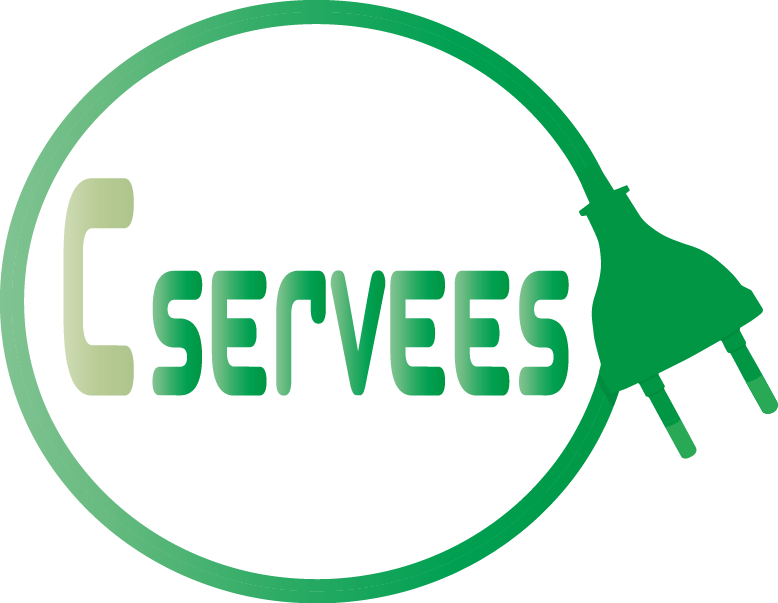C-SERVEES intends to change the way e-products are developed and consumed and to make all stakeholders (producers, consumers, policy makers, researchers, …) think about new approaches to the purchase and use of electronics.

ICT solutions are being developed as the driver of the proposed eco-innovative services to take full advantage of the potential and synergies of two major revolutions of our time: the circular economy and the Industry 4.0. The techno-economic, environmental and social viability of the new circular economic business models are being validated through demonstrations dealing with the four target products.
Conclusions from practical demonstrators (preliminary):
Customer feedback obtained during the demos shows that customers are willing to use refurbished products but are expecting significantly lower prices than for new products. Reverse logistic is shown as a major challenge today: how to locate used products and bring them back to a refurbishment plant at a competitive cost is still a major challenge.Results from in depth product-service-system (PSS) analysis (for ICT equipment) show that not all PSS make sense. It is likely that this holds for other equipment as well. Material recovery yield at End-of-Life (EoL) is a determining factor when choosing a PSS. If this yield is limited through obsolescence etc. then the PSS do not differ too much. If meaningful services can be offered, e.g., operating the equipment, eco-leasing seems to make sense.
Several opportunities exist to improve the design of products to facilitate dismantling, for example using colour codes to identify valuable parts or other components like batteries. This information can also be made available through a QR code placed on the product. The financial value generated by recycling ICT products (e.g. printers) by recyclers based on their current process is low, however the value which can be generated by dismantling and recovering valuable spare parts from used products by recyclers could be higher (for the recycler, the OEM, and indirectly the customer).
Significant changes would be needed in terms of skill, equipment, and process adaptation for recyclers to take a role in dismantling and recovering spare parts for reuse or remanufacture of products.
A digital dismantling manual would help recyclers be more efficient while dismantling products and recovering parts to be sold to OEMs, also this was proven by the demo to be cost efficient. Assuming the industry moves forward with QR code usage, dismantling instructions could be linked to such QR code on the product.
Successful trials have demonstrated potential to recycle plastics from End-of-Life products, using only same brand products. Enlarging the scope to other WEEE has not been successful due to quality issues with the recycled materials.
Need to improve recycling processes – not WEEE recycling technologies like hydrometallurgy. Better assignment of WEEE fractions into dedicated recycling pathways, likely more manual disassembly, likely to be supported by Digital Twin / Asset Administration Shell.
3D printing technology can be an alternative for some product parts needed in refurbishment operations or as customization options.
3D printing trials so far have not demonstrated viability for replacing broken or damaged components while refurbishing a printer, both technically and financially. For those parts that can be 3D printed, it comes at high-cost due to the need to perform finishing operations to comply with the specifications.
Contact:
Project coordinator:
AIMPLAS – Technological Institute of Plastics
València Parc Tecnològic - Gustave Eiffel, 4 - 46980 Paterna - Valencia, SPAIN
Itziar Carracedo Fernández
Phone: +34 96 136 60 40 – ext 3178
Email: c-servees@aimplas.es
Dissemination and Communication manager
Bernd Kopacek
Phone: +43 1 2982020
Email: bernd.kopacek@sat-research.at





 English
English Spanish
Spanish Italian
Italian Deutsch
Deutsch

